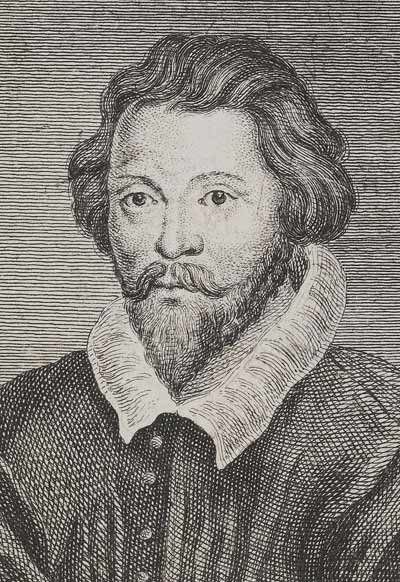Byrd, William (c. 1543–1623)

Apart from Thomas Tallis, the other giant of 16th-century English music was his pupil, William Byrd. In 1563, aged about 20, Byrd was appointed organist and master of the choristers at Lincoln Cathedral. He married in 1568 and had several children. In 1570 he became a Gentleman of the Chapel Royal in London, while also making the acquaintance of various powerful nobles, to whom he dedicated compositions.
Catholicism
Byrd's noble patrons undoubtedly helped to protect him through difficult times, when he became known as a Roman Catholic recusant and continued to risk prosecution by writing Masses for undercover use by prominent Catholic families. His three fine Latin Masses, in four, three, and five parts respectively, were published openly in the 1590s, but after his publication, between 1605–1610, of the Gradualia (a huge collection of music for use with the Catholic liturgy), possession of the volume became a criminal offence.
Songs and instrumental music
Between 1588 and 1611, Byrd published three collections of Psalmes, Songs and Sonnets, miscellaneous collections of English anthems, secular partsongs, madrigals, and pieces for viol consort. His instrumental music was particularly fine: he was a master of the art of consort music (particularly fantasias for viols), and of keyboard music, especially the paeans and galliards so much loved by Queen Elizabeth I and her court. His keyboard music appeared in various collections intended for aristocratic use, including the Fitzwilliam Virginal Book, My Lady Needle Book, and Parthenia, a printed collection issued in 1613 jointly with John Bull (1563–1628) and Orlando Gibbons (1583–1625).
Byrd's later years were spent at an Essex mansion, where he died. His Latin church music lay forgotten until the mid 19th century, although his Anglican anthems remained constantly popular. His madrigals and lively keyboard music were rediscovered in the early 20th century. At least two of the English madrigalists were his pupils, and his influence on English music was profound.
Major works
Masses, three Latin and one English; Cantiones sacrae (1575); 140 keyboard pieces, including The Queenes Alman and Wolsey's Wilde.


